BY LAZ UDE EZE
Two weeks ago, I called to check on a mentee who works with an international development organisation. He told me he was in an isolation centre in Abuja for COVID-19 treatment after testing positive to the virus. He was asymptomatic; the test was carried out because he came in contact with his symptomatic colleague who was diagnosed much earlier. He shared his experience with me which he didn’t consider pleasant. In the course of the treatment, no one counselled him. Though asymptomatic, he was given antibiotics and haematinics with no explanation of the purpose of the drugs. For an asymptomatic viral infection, what was the purpose of a broad spectrum antibiotics therapy? Why was there no form of counselling, or wasn’t his mental health considered important? I wondered. That’s a story for another day.
In another development, my sister and her hubby were tested for COVID-19 in Ebonyi State five months ago, precisely in July 2020. As I write, the results of the tests have not been communicated to them. They had no suggestive symptoms though. About a month earlier, my regular cab driver in the state called me, with much anxiety to disclose that he tested positive to COVID-19. He conducted the test after a medical doctor he interacted with was found to have the virus. He told me that he received his test from the Alex Ekwueme Federal University Teaching Hospital by proxy. Although he was asymptomatic, no public health official reached out to guide him on what to do. He isolated at home and followed the lead I and his “doctor-customer” provided. A couple of other friends who were diagnosed with COVID-19 in Abakaliki shared a similar story of alleged abandonment by the state health officials. These guys would have probably died if they had severe symptoms.
I wouldn’t want to bore you further with more stories as the accounts I have gotten from Nigerians resident in different parts of the country are quite similar. It may be recalled that I was very visible during the lockdown, as a regular guest on various television channels and radio stations across the country. I was also very active on social media, granted interviews copiously to newspapers and wrote a couple of op-ed articles in support of the lockdown and the measures the government was taking at the time. I also demanded accountability from the government and citizens. I did them with the hope that the pandemic would open the eyes of our political leaders to pay serious attention to the health sector for the first time. Although I am disappointed with the overall response so far, I do not regret my actions. So, I won’t be surprised if one is wondering why I am opposed to further restrictions and lockdown, I will explain in the course of this piece.
Advertisement
No doubt, the Covid19 pandemic has changed the world. It has disrupted the normal and presented new realities, what many have described as the “new normal”. It also presents opportunities for innovation, increased investment in the health sector, massive health promotion and education activities, creation of a conducive environment for more scientific research and local production of health commodities, as well as efficient management of available resources to make our health system stronger and our hospitals work. How well has Nigeria responded to the pandemic? With the rising cases of the infection evidenced by a high case positivity rate, would further restrictions and another lockdown make a significant difference? What should we do differently? I will share my thoughts after a couple of stories. This article is somewhat lengthy, I hope you read it to the end and share your thoughts thereafter.
The story of Nigeria’s response to the pandemic is that of the good, the bad and the ugly. Let me outline ‘the good’ that I have observed. The number of laboratories with the capacity to diagnose covid19 increased from 5 (all public) in March 2020 to 107 (69 public, 31 private and 7 corporate laboratories) on 29th December. The national coordination for the pandemic control through the Presidential Task Force has been largely effective. Digital surveillance infrastructure has been strengthened with the use of the Surveillance Outbreak Response Management and Analysis System (SORMAS) software scaled up from 120 LGAs in 2019 to all 774 LGAs in 2020, more than a year before the NCDC’s December 2021 target. Data visibility and use of data for decision making have been very evident at the national level. There has been a relative increase in government funding for health security at the national and sub-national levels. The Nigeria Centre for Disease Control (NCDC) appears stronger as an institution and I consider its performance largely commendable. One must also acknowledge that for the first time, the private sector made financial contributions towards health security through the Coalition against Covid19 (CACovid). These positives have to be sustained.
More so, ‘the bad’ includes the non-availability of personal protective equipment for health workers especially at the primary health care level, the evident lack of urgency in hiring and motivating health workers to withstand the increased pressure on health care facilities, the failure to prioritise health education and promotion using effective behavioural change communication strategies especially at the subnational levels, the violation of prevention protocols by citizens and politicians especially during campaigns, the neglect of other health conditions like the non-communicable diseases with a possible rise in related deaths, the lack of urgency in supporting local biomedical scientific researches and production of pharmaceutical and non-pharmaceutical health commodities, among others.
Advertisement
The top among ‘the ugly’ developments I observed during the pandemic is the killing of citizens by security personnel under the guise of enforcing covid19 prevention measures. Others include the lack of transparency and accountability in the management of funds, the bribery that happened at the inter-state borders during the total lockdown, stockpiling of food items meant for citizens, the destruction and looting of some hospitals, laboratories, and medical stores, the dictatorial style deployed by some state actors with gross violation of human rights and assault on human dignity (the Ebonyi koboko order comes to mind), the reported faking and selling of “covid-19 negative” test results, among others.
Now that the incidence, case positivity, prevalence, morbidity and mortality rates of the viral infection has skyrocketed according to recent data released by the NCDC, Lagos and Abuja have imposed new restrictions while some states mull another lockdown. Really? They cannot be serious! Despite the positives recorded as outlined above, I say with every sense of responsibility that the Covid19 response in Nigeria is dominated by optics and media abracadabra, plenty motion with minimal or no movement. The apparent massive corruption associated with the purported response at various levels of governance is utterly unbelievable and mind-boggling.
Fellow compatriot, recall that many states lost guard after the lifting of lockdown. A state like Kano even declared victory over the virus while Kogi and Cross River States were in denial for many months, how clownish can a government be? Humans carrying the virus interacted freely, some states stopped sending samples for testing while some others shut down the isolation centres. The virus was being spread but with minimal testing, we were under an illusion that it has reduced. Boom – it’s Christmas, many Nigerians started returning from every part of the world and more tests were being conducted. The figures started rising and we joined Europe and America to declare a “second wave”. Did the “first wave” actually end in reality?
What would I have done differently if I were a governor? I would have constituted two committees – a political response or coordination committee and a multidisciplinary technical committee guided by the one-health approach. The coordination committee will be chaired by the Governor and made up of the Secretary to the State Government, Head of Service, Commissioners for Health, Finance, Budget & Planning, Police, Education, Agriculture, Environment, and Water Resources, State ALGON Chairman, chairman of the traditional rulers’ council, chairman of the Nigerian Medical Association, Joint Health Sector Union and Nigerian Union of Journalists, as well as representative of town unions, organized private sector, civil society organisations and development partners. The technical committee shall be chaired by the Director of Public Health and shall include the state epidemiologist, heads of the hospital management board, primary health care development and state health insurance boards, directors of the state environmental protection agencies, NGO representatives and notable persons with relevant technical competence and experiences.
Advertisement
Furthermore, I would have prioritised strengthening of primary health care structures to lead the response at the community levels through massive community sensitization, surveillance and referrals for testing. I would have conducted a quick assessment of the human resource requirements and hired persons to strengthen the public health departments at the state and local government levels. I would have hired more midwives, nurses, public health experts and all cadres of health workers needed to beef up the staff strength of the health sector. I would have recruited medical and health science students and corps members on ad hoc basis to support the health education, community mobilisation, surveillance and testing referrals in various communities. I would have made all General Hospitals function optimally. I would have also ensured that all schools and health care facilities have functional handwashing facilities using appropriate technologies. I would have provided grants to small businesses and food support to the poor, putting a monitoring framework that ensures no one is left behind. I would have been very transparent, carrying the people along at every step of the intervention. I would have demonstrated a strong political will with sincerity of purpose.
Have you seen why further restrictions or even a lockdown will be counterproductive? It will worsen the prevailing economic recession. It will kill more businesses, increase unemployment further, lead to more severe hunger and extreme poverty, and probably worsen insecurity. A second lockdown will worsen the already terrible economic situation; as a result, many persons with chronic health conditions like diabetes, hypertension, cancer, kidney and heart diseases, sickle cell disease or mental disorders would be unable to afford their drugs and may die. Extreme hunger or poor nutrition weakens the immune system, makes citizens more vulnerable to dying from the poorly controlled covid19 if infected and other infectious diseases.
Meanwhile, I find the sudden imposition of restrictions in Lagos and the Federal Capital Territory inappropriate. Restaurant, bars and parks that are struggling to recover from the previous lockdown were closed without notice in a season they could have made more sales. If worship centres are allowed to open and accommodate 50% capacity, why not the restaurants and bars? Who is observing physical distancing in open markets or various marriage or burial ceremonies across the country? Copy and paste strategies must be avoided and the government must be careful to avoid actions that will push the people to the brink. The loss of confidence and trust of the government officials is very high even among health care professionals. From the feelers I get, further countrywide restrictions or lockdown may lead to civil disobedience.
In conclusion, I want everyone to know that Covid19 is real and there have been some positives in the efforts to control it. The failures we see reflect the poor political leadership and weakness of our health system. Covid19 is not the only killer disease in Nigeria, hence, leaders at all levels must tackle all our health challenges with an integrated approach in a holistic manner. The federal government should strengthen our research institutions for local vaccine production and clinical trials of available vaccines before approval for use. The state governors must take advantage of the opportunities presented by the pandemic and show leadership. The citizens must also take responsibility for their health and hold leaders accountable, it is highly irresponsible for anyone to be denying the existence of the virus with all the glaring evidence. May the Government of Nigeria at all levels become more proactive about the health of the people and may 2021 be a better year for all of us. God bless Nigeria!
Advertisement
Dr. Eze, a health policy and management expert, is the founder of TalkHealth9ja and convener of Make Our Hospital Work Campaign. He tweets at @donlaz4u and can be reached by email via [email protected]
Advertisement
Views expressed by contributors are strictly personal and not of TheCable.
1 comments
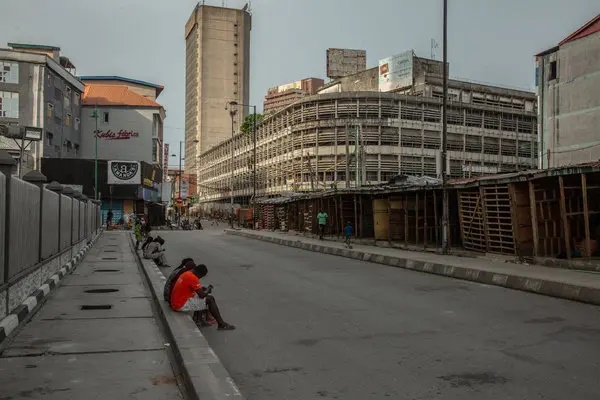
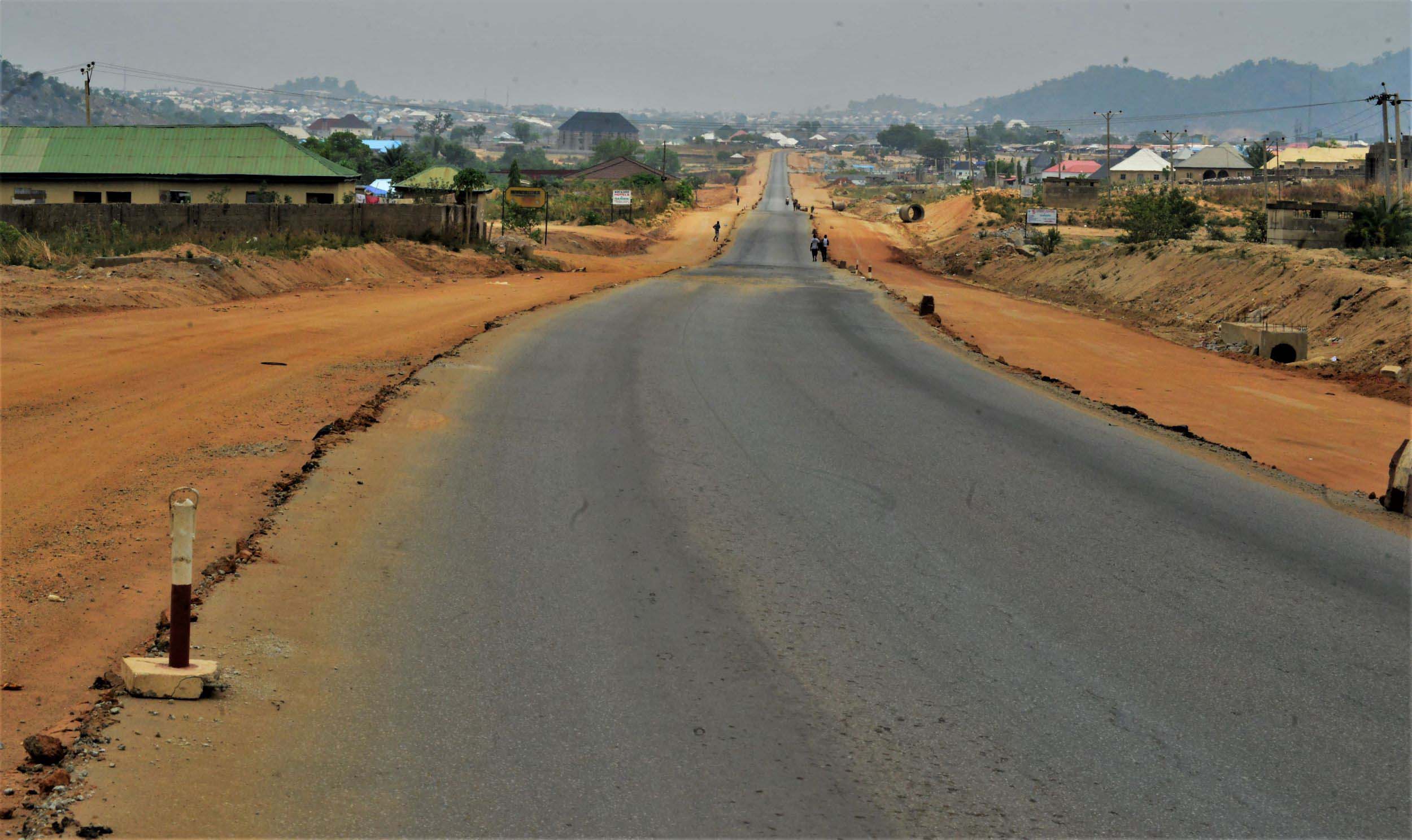
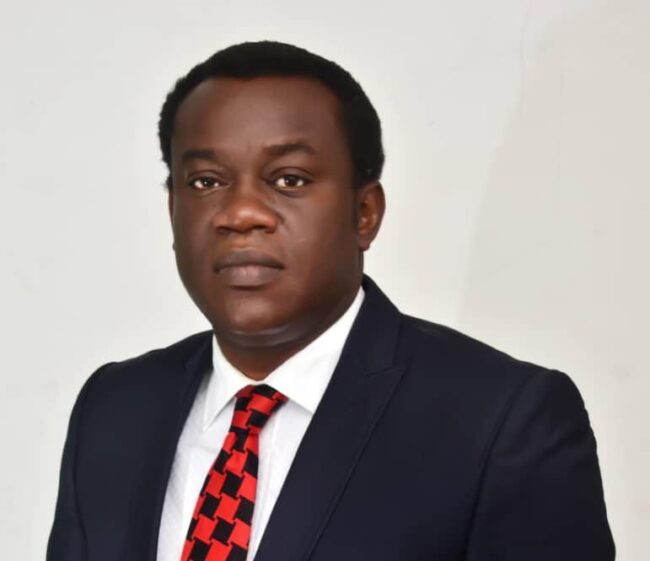
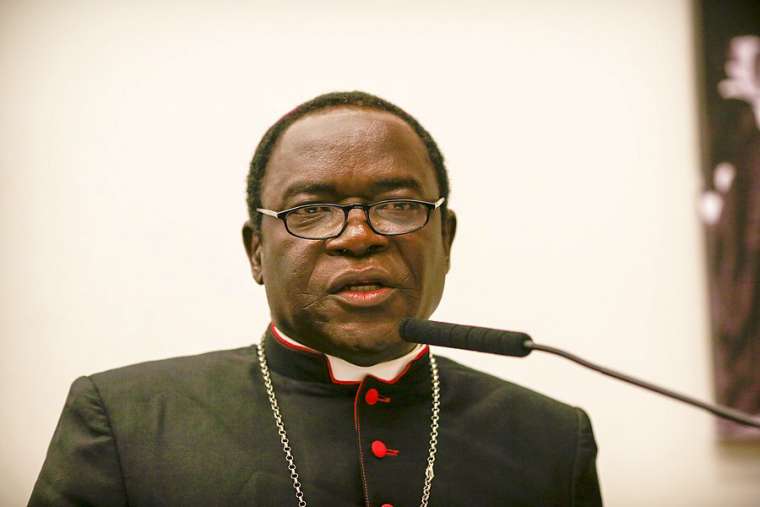

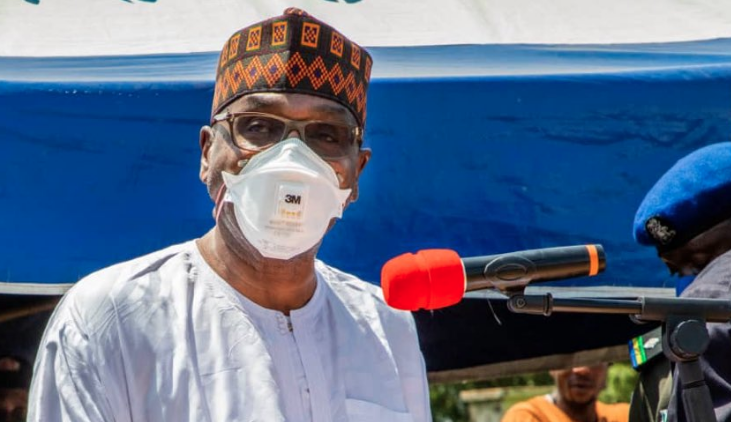
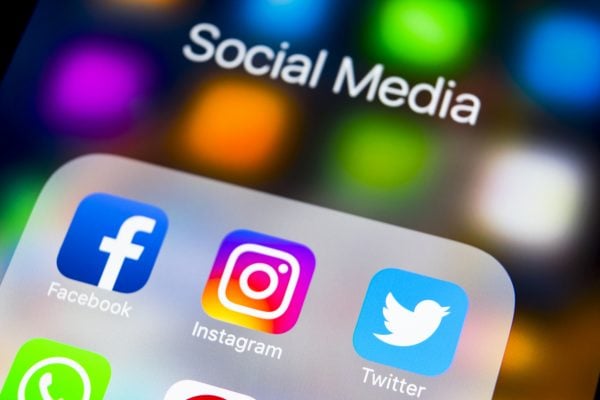
Great article sir. A good read too. I hope the FG through the PTF on covid-19 read and heed this.